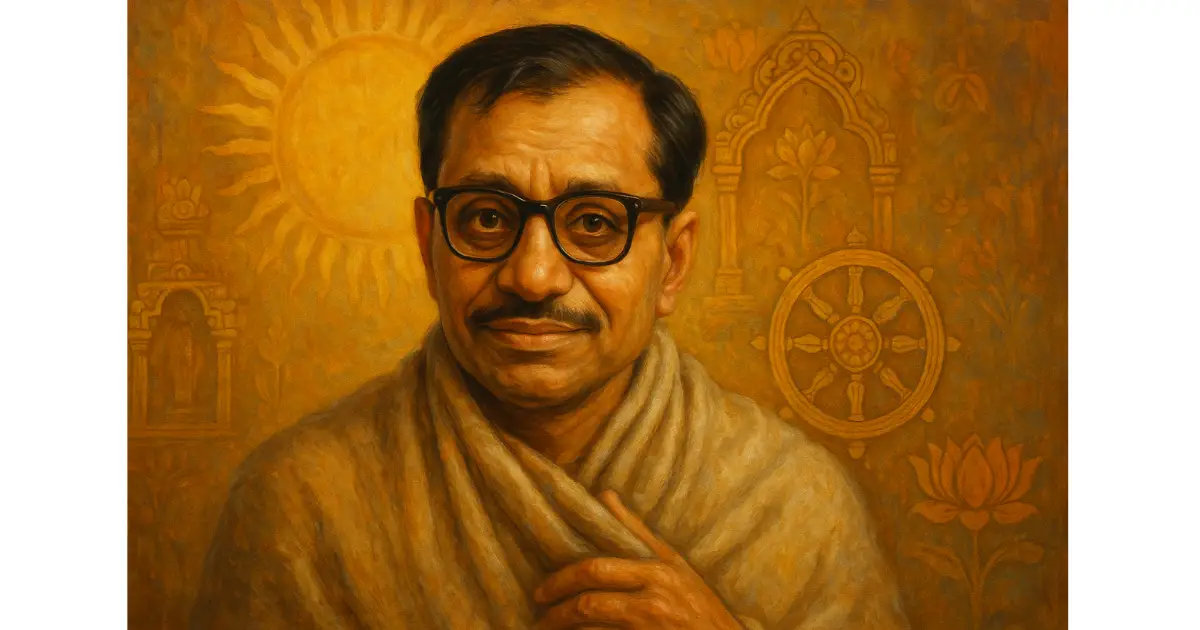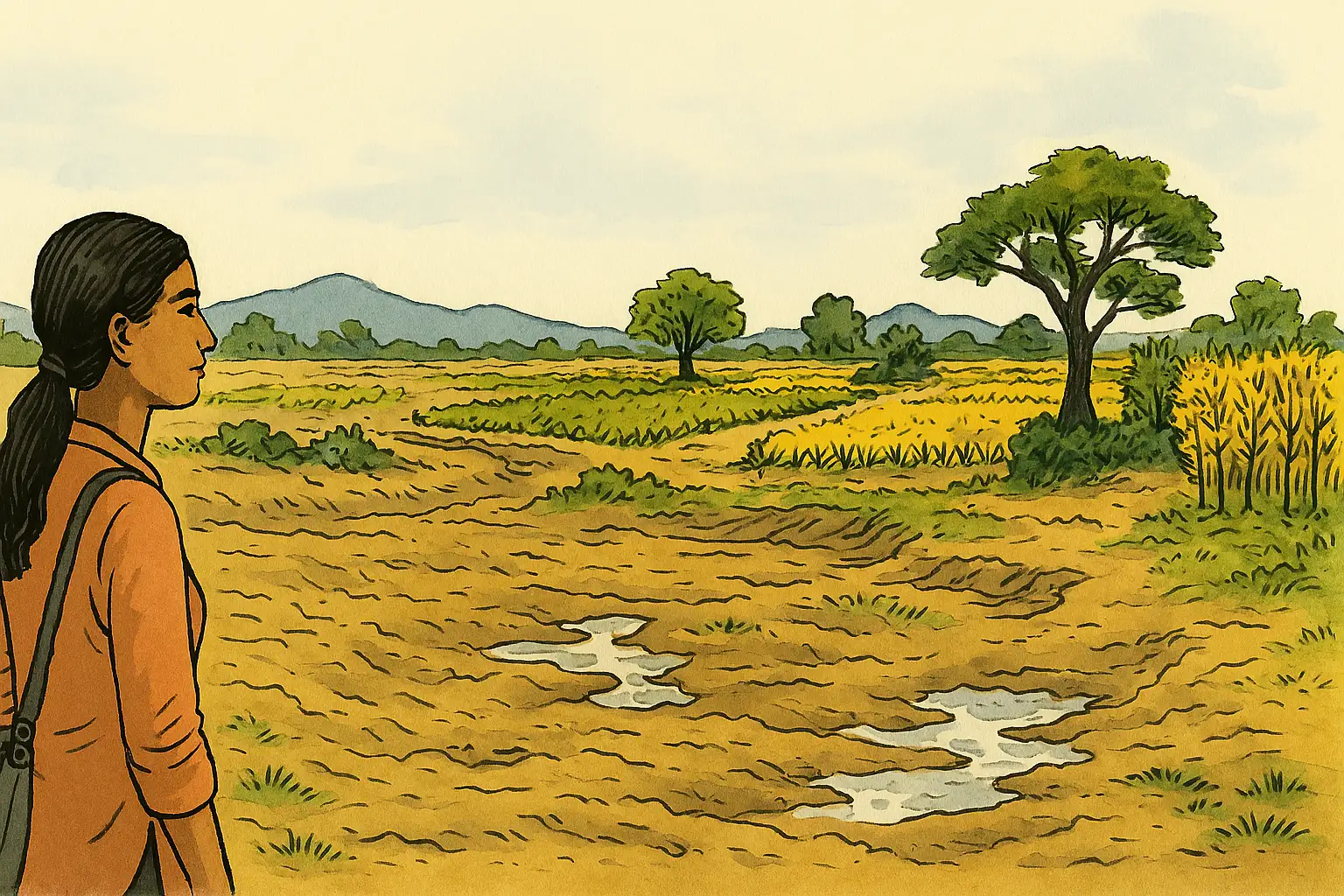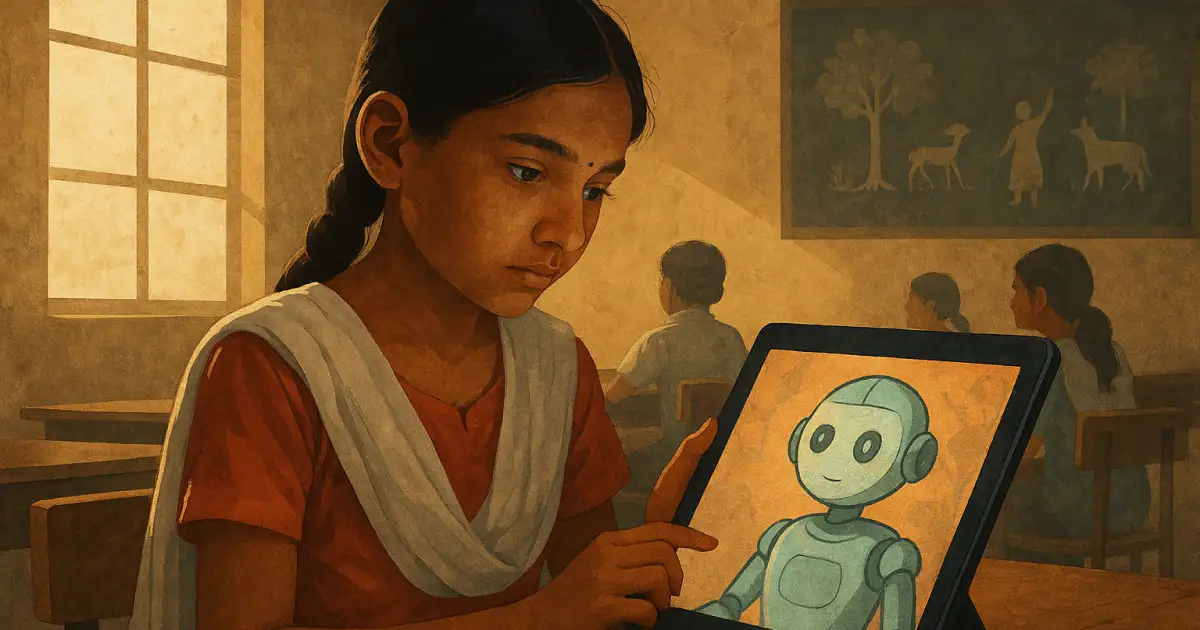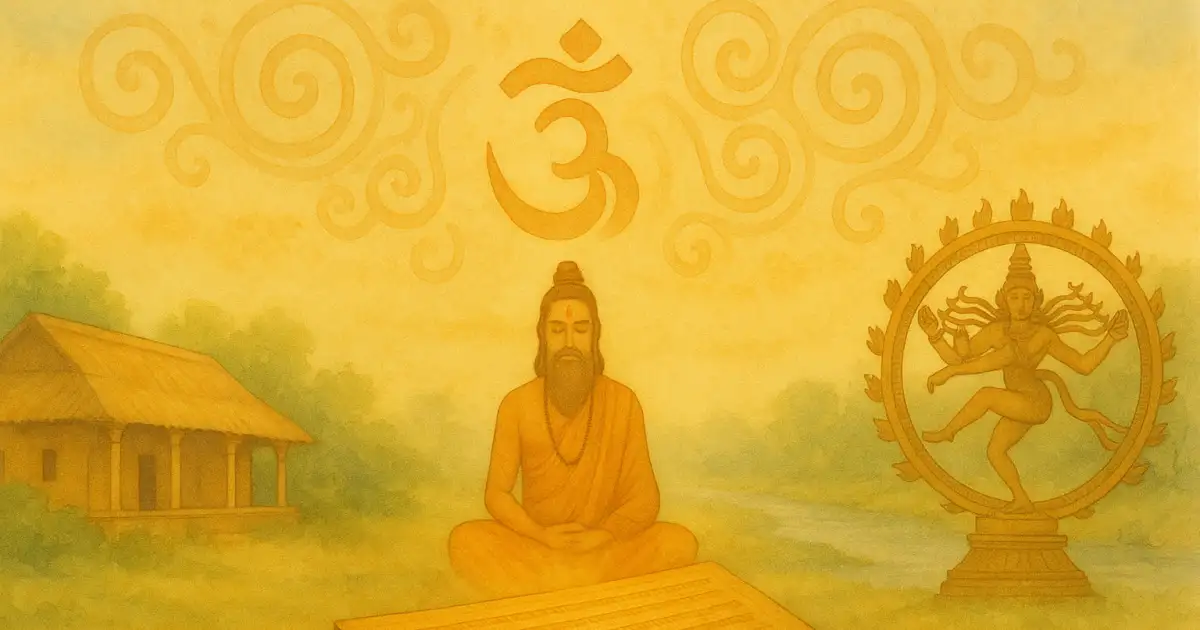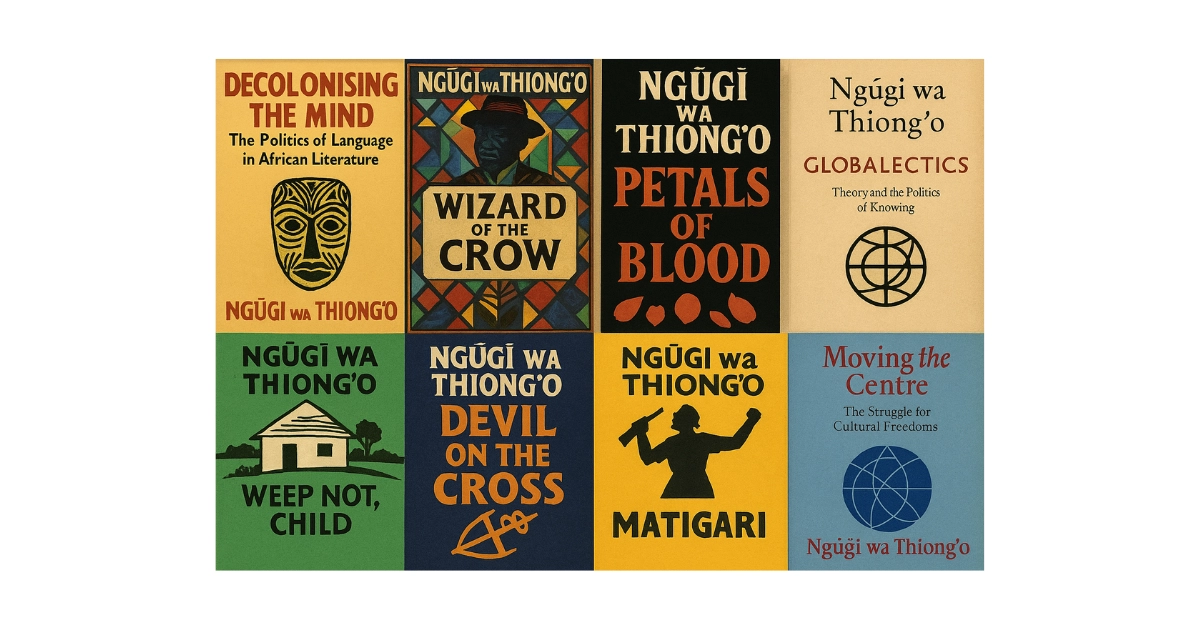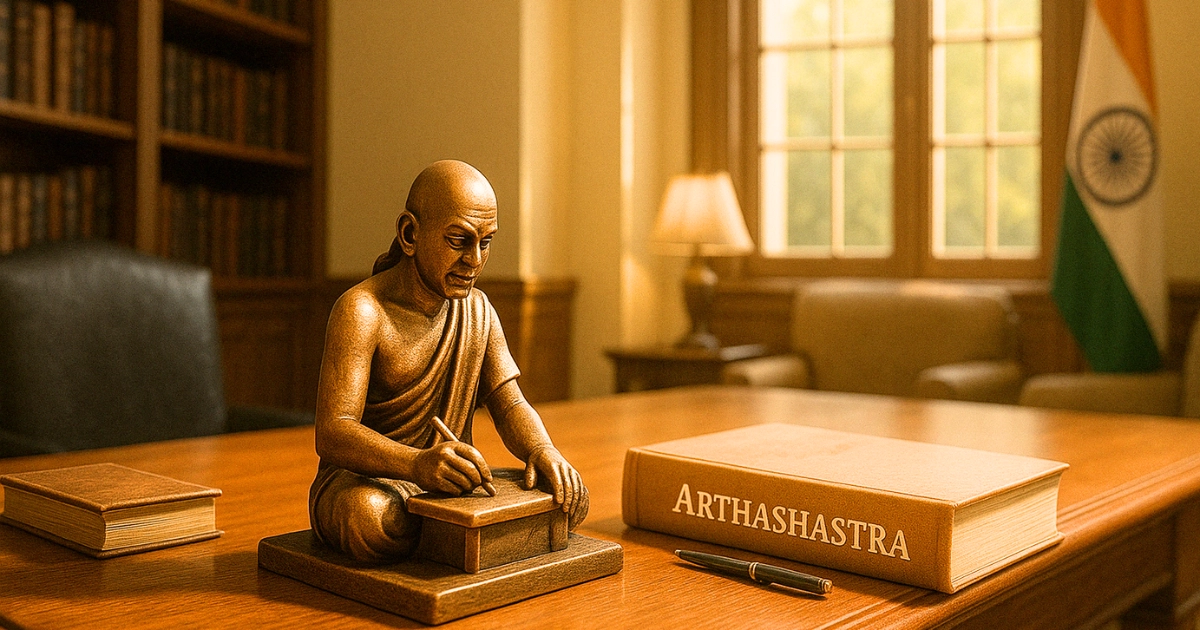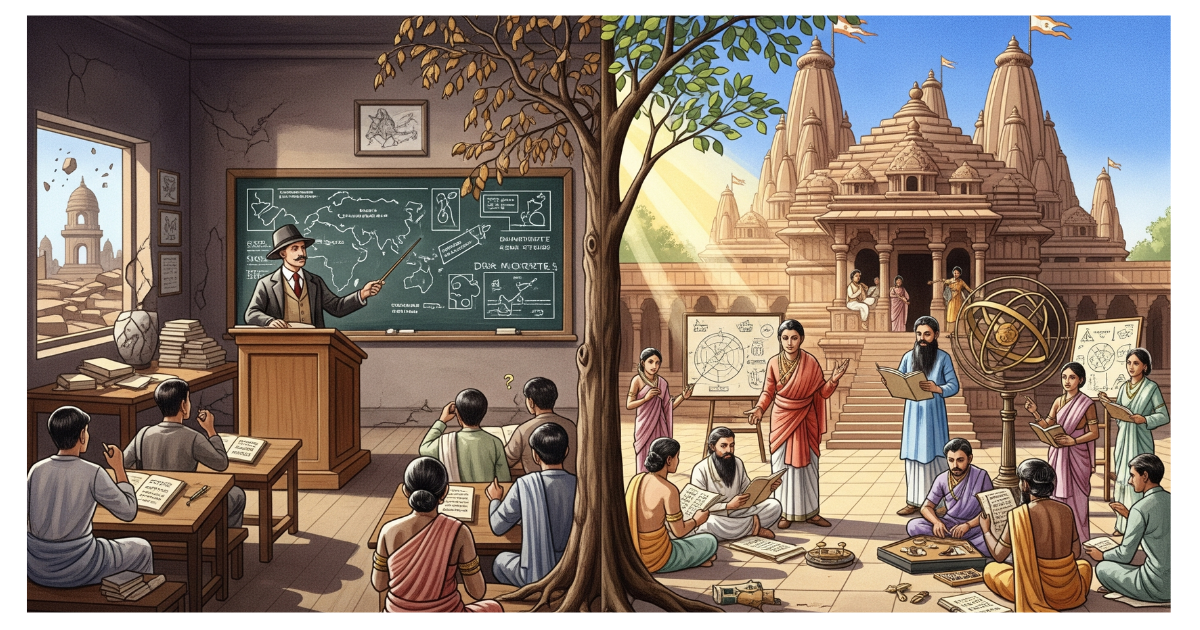
The NCERT Textbook Renewal - Distortion or Decolonization of Bharatiya History
Sir Jadunath Sarkar & R.C. Majumdar didn't spend lifetimes crafting rigorous Indian historiography just to see it buried under colonial guilt. NCERT's 'Exploring Society - India and Beyond' isn't 'saffronization'—it's honest history that finally serves Bharatiyata over colonial narratives. Real scholarship was never the problem. Shame was.
